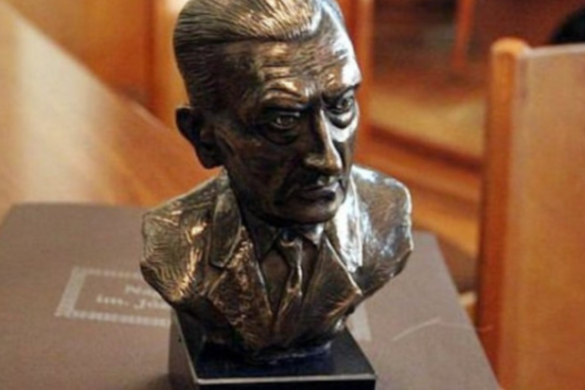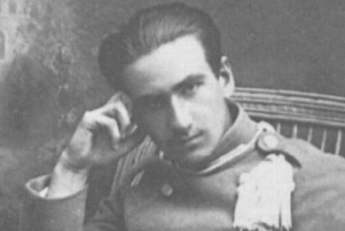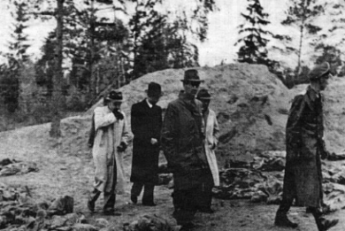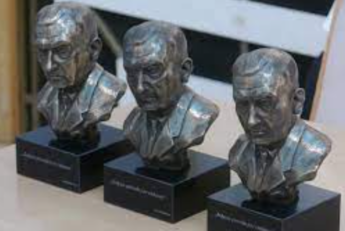
Józef Mackiewicz Literary Award
The Józef Mackiewicz Literary Award has been awarded since 2002 in order to commemorate the figure and work of the patron of the award. It is awarded to Polish authors for books that in a special way popularize their native culture, history and tradition.
The award is granted by the Jury composed of: prof. Jacek Bartyzel, prof. Dorota Heck, prof. Krzysztof Dybciak, Wacław Holewiński, Paweł Witaszek, prof. Maciej Urbanowski, Stanislaw Michalkiewicz, Rafał Ziemkiewicz. Each time, the Jury considers, as candidates for the Prize, literary works (novels, essays, poetry) and journalistic (including political) works, as well as historical, philosophical and literary critical dissertations, written in Polish by living authors, published in book form in the previous year and submitted by publishers for the competition.
Nominations for the Award are announced in the summer, usually covering around 10 books. From among their authors, the winner of the Prize is then selected, who receives 10,000 dollars and a gold medal with the image of Jozef Mackiewicz and his literary credo: “Only the truth is interesting.” The jury also awards 1,000 dollars to the honored nominees. In addition, both the winner and the honored persons receive bronze statuettes with a bust of the patron of the Award.
The founder of the award is currently Paweł Witaszek and Dorota Boetcher.
Winner of the Literary Award Marcin Pilis, the author of the novel “Silence in Pogrance”, became the winner of the Józef Mackiewicz Award in 2022. The award-winning novel tells the story of the events in Volhynia in July 1943. “The book by Marcin Pilis does not present the full scale of the slaughter, it does not overwhelm us with statistics and calculations. The whole significance and enormity of the tragedy emanate here from the individual stories of the characters whose lives, up to a certain point, were as normal as they could have been during the war. Two sisters fall in love with one boy from a nearby Ukrainian village. Feelings bloom despite the fact that the young man belongs to the UPA, and the peace is increasingly disturbed by rumors about murdering Poles in nearby villages. If so far Poles, Jews and Ukrainians have managed to live in harmony as neighbors, this is about to change. Unimaginable cruelty and a frenzy of murder seized the villages of Volhynia, where axes and pitchforks were often the tools of crime. Showing the tragedy through the prism of the fate of specific individuals makes the reader identify with the heroes,” writes the Lira publishing house, which published the book.







